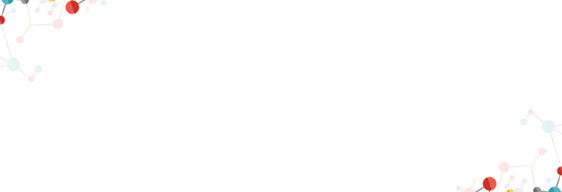
Evaluation of Drinking Water Consumption Pattern of Urban Water System Among Households in Abuja Metropolis, Nigeria
By Chiatula E.T, et al.Safe drinking water is essential for human health; however, consumer perception regarding its taste, odour, and colour can influence users’ decisions, satisfaction, and willingness to choose between water sources. The study evaluates the drinking water consumption pattern of urban water systems among households in Abuja metropolis, Nigeria. Through cross-sectional survey research, one hundred and twenty-one (121) respondents were randomly selected across four (4) districts and twelve (12) wards from Abuja Municipal Area Council (AMAC). Data was gathered through questionnaire administration and analysed through descriptive statistics such as frequency count and percentage. The finding revealed that most households do not carry out water quality checks (50.4%) and treatment of water sources (51.2%). The supply water is mainly used for cooking and bathing (73.6%), although the water is not tasty and is smelly for drinking purposes (89.3%). Most households have not experienced health issues due to the utilisation of the supply water for either bathing, cooking or drinking (66.1%) and spending about N101,000 – N150,000 annually (31.4%), which they consumed about 201 – 500 litres daily (36.4%. The study concluded that the consumer's water use could be based on their perception of the quality of the water. There is a need for improvement in public perception of the safety of urban water systems.
